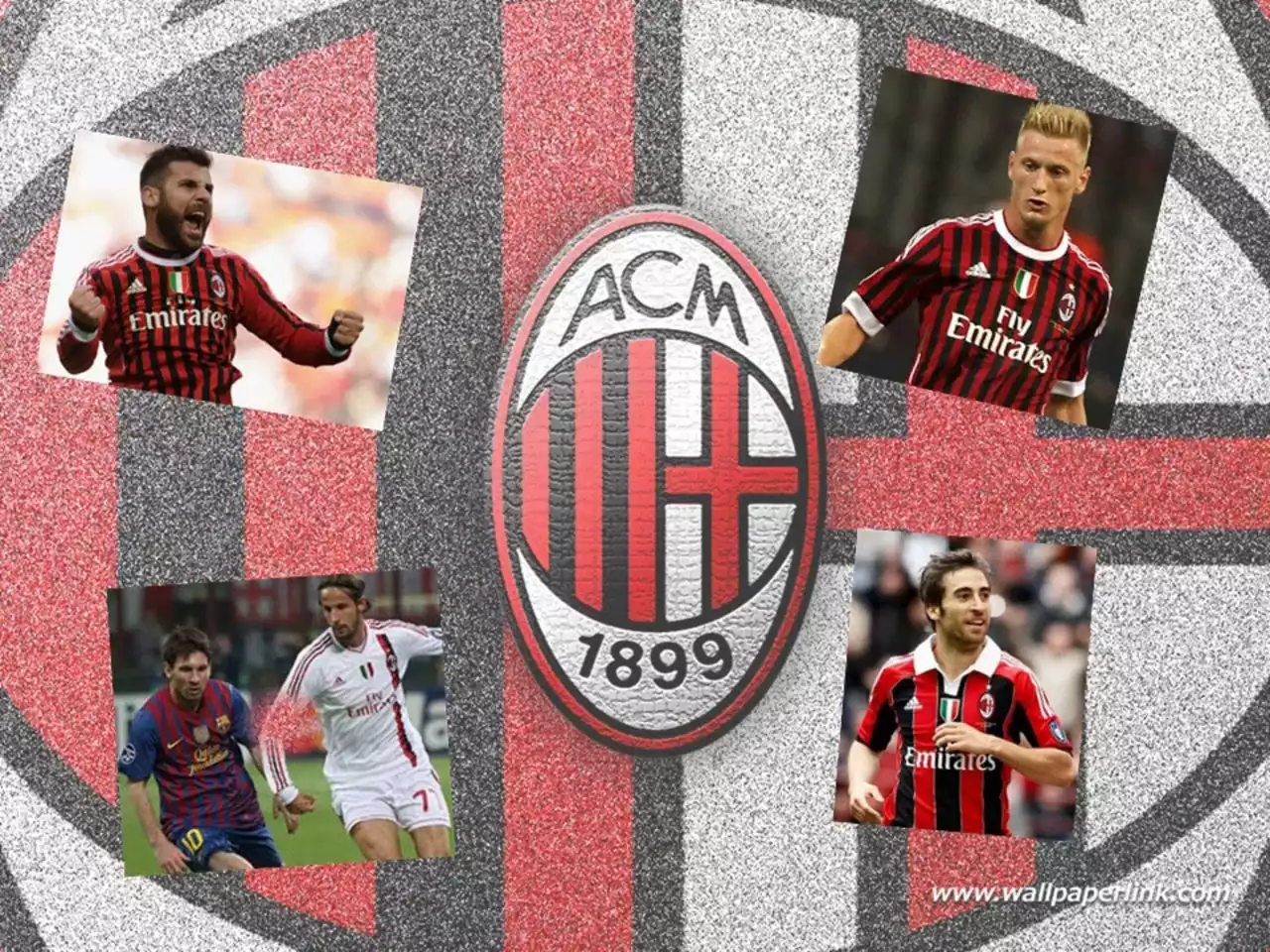Historical background of Coppa Italia
The origins of the Coppa Italia can be traced back to the early 20th century when Italian football experienced significant growth and popularity. Prior to its creation, there was a lack of a national cup competition to complement the Serie A league matches. This gap prompted the Italian Football Federation to establish a tournament that would enable clubs from all over Italy to compete against each other.
In 1922, the inaugural season of the Coppa Italia took place, featuring a total of 12 teams. The tournament immediately captured the attention of football enthusiasts, with clubs showcasing their skills and determination on the pitch. The first edition was won by Vado, a team hailing from Liguria, who defeated Udinese in the final. This victory set the stage for what would become an annual tradition in Italian football.
Throughout the early years, the Coppa Italia faced various challenges, including interruptions due to World War II and the restructuring of Italian football. However, despite these obstacles, the tournament persevered and continued to grow, becoming an integral part of the football calendar.
Format and structure of Coppa Italia
The format of the Coppa Italia has evolved over the years to accommodate the changing landscape of Italian football. Initially, the tournament followed a knockout format, where teams would face each other in a single-elimination format until a winner was crowned. However, as the number of participating teams increased, modifications were made to ensure a fair and competitive tournament.
Currently, the Coppa Italia consists of 78 teams from different divisions, including Serie A, Serie B, Serie C, and Serie D. The tournament is structured in a way that allows lower-ranked teams to compete against top-tier clubs, providing an opportunity for underdogs to make their mark. The competition begins with a preliminary round, followed by several knockout stages, leading up to the final match.
The final is typically held in Rome at the Stadio Olimpico, creating an electrifying atmosphere as fans from both competing teams gather to witness the climax of the tournament. The significance of the Coppa Italia final is further heightened by the opportunity for the winning team to secure a spot in the UEFA Europa League, adding an extra incentive for clubs to perform at their best.
Notable moments and records in Coppa Italia history
Over the years, the Coppa Italia has witnessed numerous unforgettable moments that have etched themselves into the annals of Italian football history. From stunning upsets to thrilling comebacks, these moments have defined the essence of the tournament and captivated the hearts of fans.
One such memorable moment occurred in the 1983-1984 season when AS Roma, led by their iconic captain Francesco Totti, secured a historic victory against fierce rivals SS Lazio in the final. This triumph not only gave Roma the coveted Coppa Italia title but also marked the beginning of Totti's legendary career, solidifying his status as an icon in Italian football.
Another remarkable record in Coppa Italia history is held by Juventus, the most successful club in the tournament's history. With a staggering 14 titles to their name, Juventus has dominated the Coppa Italia, showcasing their consistent excellence on the national stage. Their dominance is a testament to the club's rich history and commitment to success.
Impact and significance of Coppa Italia in Italian football
The Coppa Italia holds immense significance in Italian football, serving as a platform for clubs to showcase their talent and compete for glory. It provides an opportunity for smaller clubs to challenge established giants, fostering a sense of competition and unpredictability that is often absent in league matches.
For many clubs, winning the Coppa Italia represents a significant achievement and a chance to etch their name in the history books. It allows them to secure a place in European competitions, opening doors to international recognition and financial rewards. Additionally, the tournament serves as a valuable testing ground for young talents, providing them with valuable experience and exposure at a national level.
The impact of the Coppa Italia extends beyond the clubs and players. It captivates the hearts of fans across Italy, igniting passion and creating a sense of unity as supporters rally behind their favorite teams. The tournament has the power to unite communities and transcend regional differences, bringing people together in celebration of the beautiful game.
Evolution and changes in Coppa Italia over the years
As Italian football has evolved, so too has the Coppa Italia. The tournament has undergone various changes to adapt to the shifting dynamics of the sport. One significant change occurred in the 2007-2008 season when the competition was rebranded as the "TIM Cup" due to a sponsorship deal with Telecom Italia Mobile.
In recent years, the format of the Coppa Italia has been further modified to make it more exciting and competitive. The introduction of a single-leg semifinal and the elimination of extra time in the final have added an extra layer of intensity to the tournament. These changes have been well-received by fans and have contributed to the overall appeal and competitiveness of the Coppa Italia.
Famous teams and players in Coppa Italia
Throughout its history, the Coppa Italia has seen the participation of numerous famous teams and players who have left an indelible mark on the tournament. AC Milan, Inter Milan, Juventus, and AS Roma are among the most successful and iconic clubs to have graced the competition. These teams have consistently showcased their prowess and have contributed to the allure of the Coppa Italia.
Similarly, legendary players such as Roberto Baggio, Alessandro Del Piero, and Gabriel Batistuta have dazzled fans with their exceptional skills and performances in the tournament. Their contributions have elevated the level of competition and have provided fans with countless moments of brilliance and excitement.
Coppa Italia vs Serie A: Understanding the relationship
The Coppa Italia and Serie A are intricately connected, with each complementing the other in the Italian football landscape. While Serie A focuses on the league standings and crowning the champion based on overall performance, the Coppa Italia offers clubs an additional avenue to compete for silverware.
The relationship between the two competitions is symbiotic, as success in the Coppa Italia often translates into increased motivation and momentum for clubs in Serie A. Winning the Coppa Italia can provide a psychological boost and enhance a team's confidence, leading to improved performances in the league.
Additionally, the Coppa Italia offers teams outside the traditional powerhouses of Serie A the chance to challenge the established order and make a name for themselves. This dynamic creates a sense of unpredictability and excitement, making both competitions essential components of Italian football.
Controversies and memorable matches in Coppa Italia
The Coppa Italia has not been without its fair share of controversies and memorable matches. Controversial decisions, heated rivalries, and intense clashes have all contributed to the tournament's allure and intrigue.
One particularly controversial moment occurred in the 1997-1998 season when Juventus faced off against Parma in the final. The match, which ended in a 0-0 draw, saw Parma ultimately declared the winner due to the away goals rule. This decision sparked controversy and debates, highlighting the sometimes subjective nature of football officiating.
Memorable matches in the Coppa Italia are plentiful, with each season offering its fair share of thrilling encounters. From high-scoring affairs to nail-biting penalty shootouts, these matches have provided fans with unforgettable moments of drama and excitement.
The Coppa Italia stands as a testament to the rich history and passion of Italian football. From its humble beginnings in 1922 to its present-day prominence, the tournament has evolved and grown, captivating fans and players alike. With its unique format, memorable moments, and impact on Italian football, the Coppa Italia has become an integral part of the nation's sporting culture. As the tournament continues to unfold, new chapters will be written, and the legacy of the Coppa Italia will continue to inspire generations of football enthusiasts.










